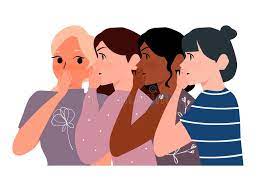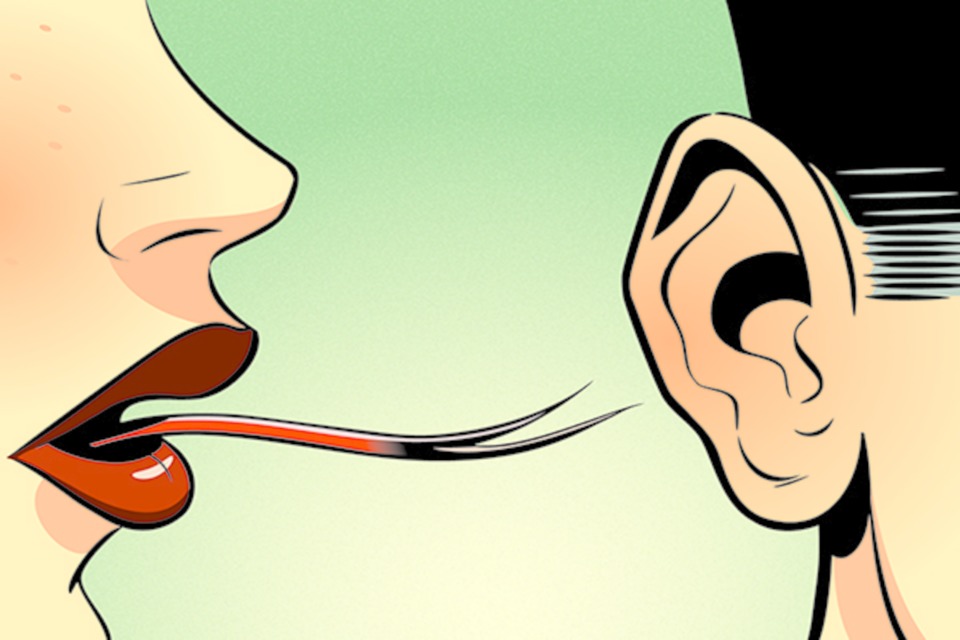In the age of social media, it is our responsibility to inspect, investigate and scrutinise what one hears and shares, which can have damaging consequences for our world, writes Firdous Ahmad Mala.
SIFTING FACTS FROM FICTION: A smartphone and a finger click are all you need to create a virtual domino effect. After all, a click has no legs to stand on, and a single click leads to another. Our fingers are conditioned to share, sometimes without care. And soon enough, it becomes our second nature.
The American Journal of Sociology states that a rumour is a tell-tale of explanations of an event circulating from person to person and pertaining to an object, event, or issue in public concern. One must remember that rumours are not facts and a lie is no match for the truth. Irrespective of the quantum of Rumour, the extent of its spread and the ubiquity of its existence, a lie can never attain the status of truth. Beyond doubt is the supremacy of truth over falsehood, heresy and tell-tales. In the words of Martin Ugwu, “A rumour thrives in the palace of uncertainty but dies in the corridors of truth.”

Be it religious, ethical, scientific, humanistic, empirical or observational, the act of sharing unconfirmed and inauthentic information is ugly and devastating. It is damaging, devouring and endangering. It puts calm at risk and order in jeopardy. It deserves contempt and condemnation, to say the least.
To add to the existing woes of epidemics, we have the scare of ‘infodemics’. Besides the danger of a pathogen, we have the derringer of misinformation. While some do it purposely, it is a recreational activity to some. While some do it out of intention, others do it as an invention. Isolating and sifting rumours from facts can be painful and daunting, but it is necessary. In Feet of Clay, the English humourist Terry Pratchett wrote: “Rumour is information distilled so finely that it can filter through anything. It does not need doors and windows, and sometimes it does not need people. It can exist free and wild, running from ear to ear without ever touching lips.”
The luring and tempting entice of rumour-mongering and easy access to doing it has resulted in its widespread and prevalence. William Shakespeare in Henry IV part 2 wrote:
‘Rumour is a pipe
Blown by surmises, jealousies, conjectures
And of so easy and so plain a stop
That the blunt monster with uncounted heads
The still-discordant wavering multitude
Can play upon it.’
Rumours cannot and must not be justified. Call it “improvised news” or “stories of perceived importance that lack substantial evidence”, a rumour is not less harmful than a tumour that has the potential of enlargement and growth, the possibility of being carcinogenic and the danger of wreaking havoc and rampage. Rumours travel and have speeds that thrill but kill. In his novel, ‘The Chalk Man’, British author, C. J. Tudor wrote, “Rumors are like germs. They spread and multiply almost in a breath, and before you know it, everyone is contaminated.”
Rumours are like germs. They spread and multiply almost in a breath and before you know it, everyone is contaminated.”
History is witness to the plethora of concocted, fabricated, made-up, misquoted and spun tidings that culminated into substantial losses or beyond-repair ramifications. And our recent local history bears witness to several mistakes we have already committed. The Rumour of the death of children by polio vaccine in 2016 and other numerous under-researched issues are just the tip of the iceberg. It shows the ugly and deteriorating face of our society. The Indonesian writer and the author of ‘Master of Stupidity’, Tobago Beta’ writes in Betelgeuse Incident, “If humour and rumour are needed more than faith and truth, then it tells me something about the kind of world we live today.”
The potential danger of a rumour may be hard to gauge, and it may not look ugly and dreadful at the start. But it can debase a person or give rise to myths besides making one believe a widespread falsehood or reject an unpopular truth. In the words of Wiss Auguste, “There’s nothing more poisonous to a community than rumours and gossips.”
History is witness to the plethora of concocted, fabricated, made-up, misquoted and spun tidings that culminated in substantial losses or beyond-repair ramifications.
They taint the good character of those who effortlessly stand out. They provide mediocre individuals with a means to become relevant. They set in like gangrene and eat away at the sense of decency that differentiates humans from animals. “The importance of being circumspect and meticulous vis-à-vis passing on to others the information we receive is hard to overestimate.” It is the responsibility of one and all to inspect, investigate and scrutinise what one hears and shares. It is also advisable to remember the words of Ziad Abdelnour: “Rumors are carried by haters, spread by fools and accepted by idiots.”
The author can be reached at [email protected].

Leave a Reply